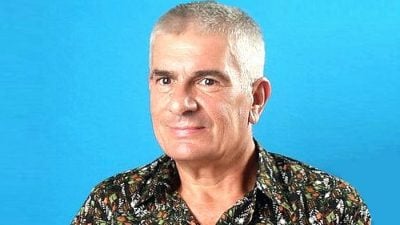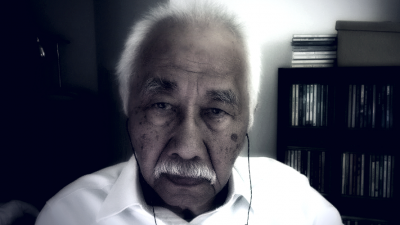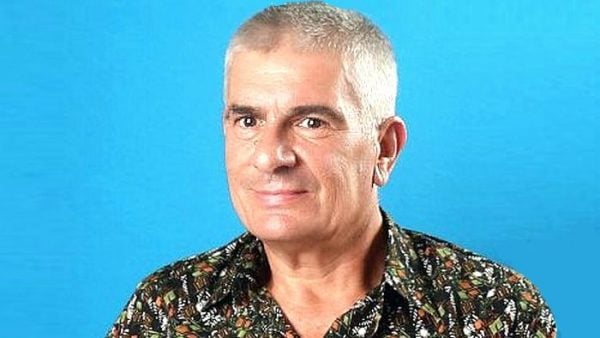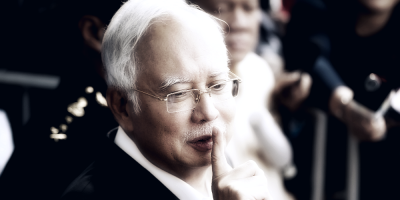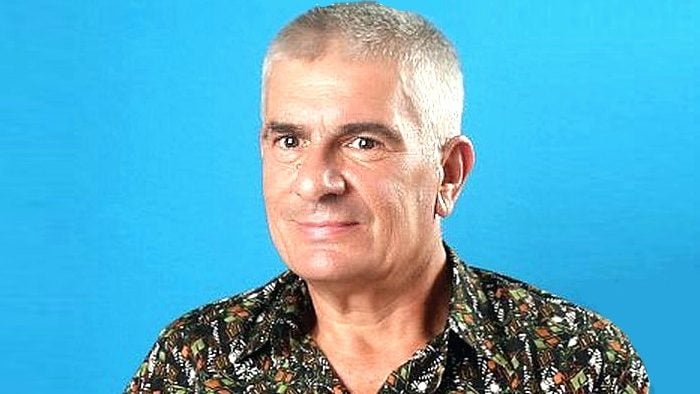
In the wake of the Covid-19 pandemic and the draconian measures employed in attempts to suppress the spread, the number of homeless in Kuala Lumpur has risen dramatically.
There is no recent data to base statistics from. A DBKL survey in 2016, estimated 1,500 homeless on the Kuala Lumpur streets.
Observations around Kuala Lumpur indicate that this number has risen drastically.
The homeless have become the forgotten victims in society. These people are at the rock bottom of the B40 group.
The majority of homeless around Kuala Lumpur are locals who are either estranged from their families, or don’t have families to go to.
They are usually people who have been evicted from their accommodation, don’t have enough income to pay for rent, have been unemployed for a long period of time, have huge debts, have disabilities or medical conditions like diabetes and hypertension that prevent their employment, have mental issues, some form of falling out with their families, or been victims of some major catastrophe.
An increasing number of those aged over 60 are joining the homeless, as they have no savings. Some reports say this group may represent 40 percent of those homeless.
There are also a number on the streets who have been victims of sexual abuse.
The homeless are open to mosquitoes and the weather, and are thus vulnerable to many diseases which require medication.
The homeless can be found around Chow Kit, Pudu, Medan Tuanku, Masjid Jamek, Bukit Bintang, Bangsar, Petaling Street, Masjid India, LRT and MRT platforms, as well as KLCC areas.
The homeless out on the streets live under pedestrian bridges, outside empty shophouses, park benches, on sidewalks, or around office buildings that provide some protection against the weather.
They use public facilities to wash and bathe. Very few are beggars, but some scavenge rubbish to sell to recyclers.
There is no single stereotype for the homeless in Kuala Lumpur. Each has his own individual stories that require different solutions.
Once people become homeless, they have almost insurmountable barriers to re-assimilate into the community.
Some don’t even have a bank account or valid personal document needed for welfare assistance.
The government needs to review the current approach., and put trained social workers on the frontline with a flexible basket of resources behind them to tailor individual remedies for the problems of the homeless.
The Ministry of Women, Family, and Community Development (MWFCD) is the authority responsible for the homeless.
The Destitute Persons Act 1977 is grossly inadequate for the rehabilitation and reintroduction of the homeless into society.
The Act is based upon the principal of vagrancy rather than seeing the homeless as victims.
Social workers work without the resources needed to help the homeless. And in detention, they are not given sufficient medical attention to deal with their health issues.
Consequently, many are fearful of the authorities out of concern they will be forcibly detained by DBKL or PDRM officers who will cart them along to a magistrate, or may order them into involuntary detention under the Destitute Persons Act 1977.
Any conviction under the Act criminalises their homelessness, making it even more difficult to re-integrate into society.
The government needs to review the current approach. It must consider putting fully-trained social workers on the frontline with a flexible basket of resources behind them to tailor individual remedies for the problems of the homeless.
Most assistance is left to NGOs, especially in the areas of providing food and temporary shelter.
Safe environments enable the homeless to get a good night’s sleep, which they can’t get on the streets.
There also needs to be a strategic approach to homeless poverty with some form of universal welfare net covering the homeless.
This requires support with affordable housing for the homeless. Otherwise, Kuala Lumpur will begin to look more like a number of US cities, where the destitute are seen everywhere throughout the downtown.
All Malaysians deserve assistance when they fall into trouble.
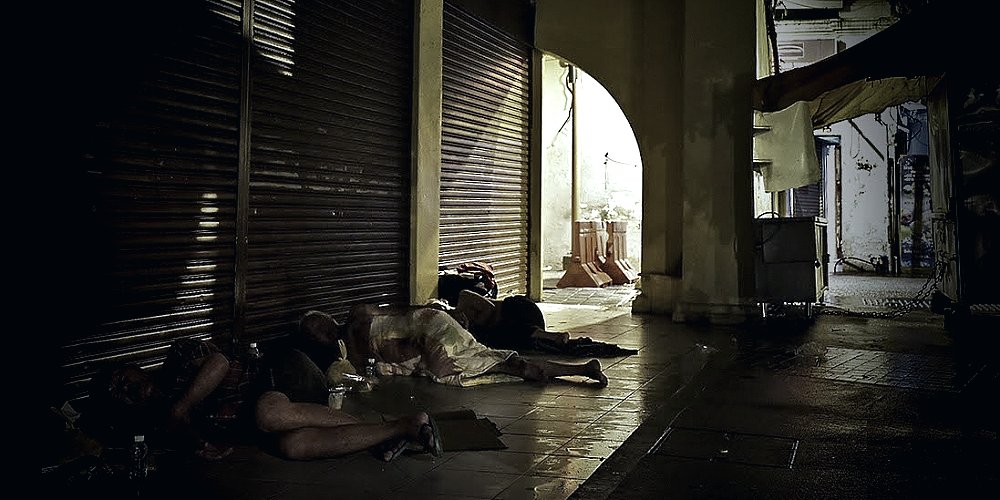
(Murray Hunter has been involved in Asia-Pacific business for the last 40 years as an entrepreneur, consultant, academic and researcher. He was an associate professor at Universiti Malaysia Perlis.)
ADVERTISEMENT
ADVERTISEMENT







